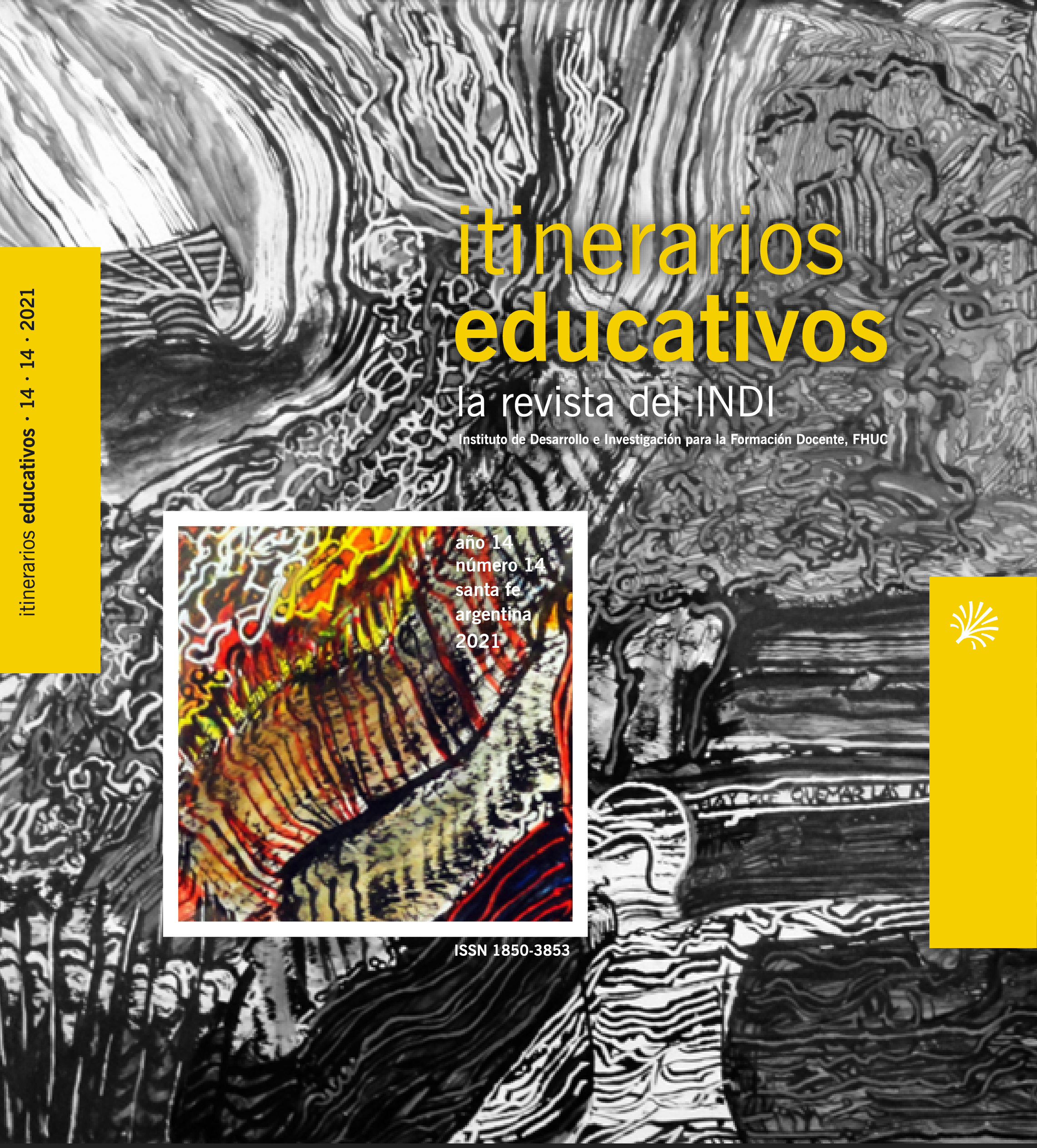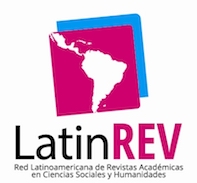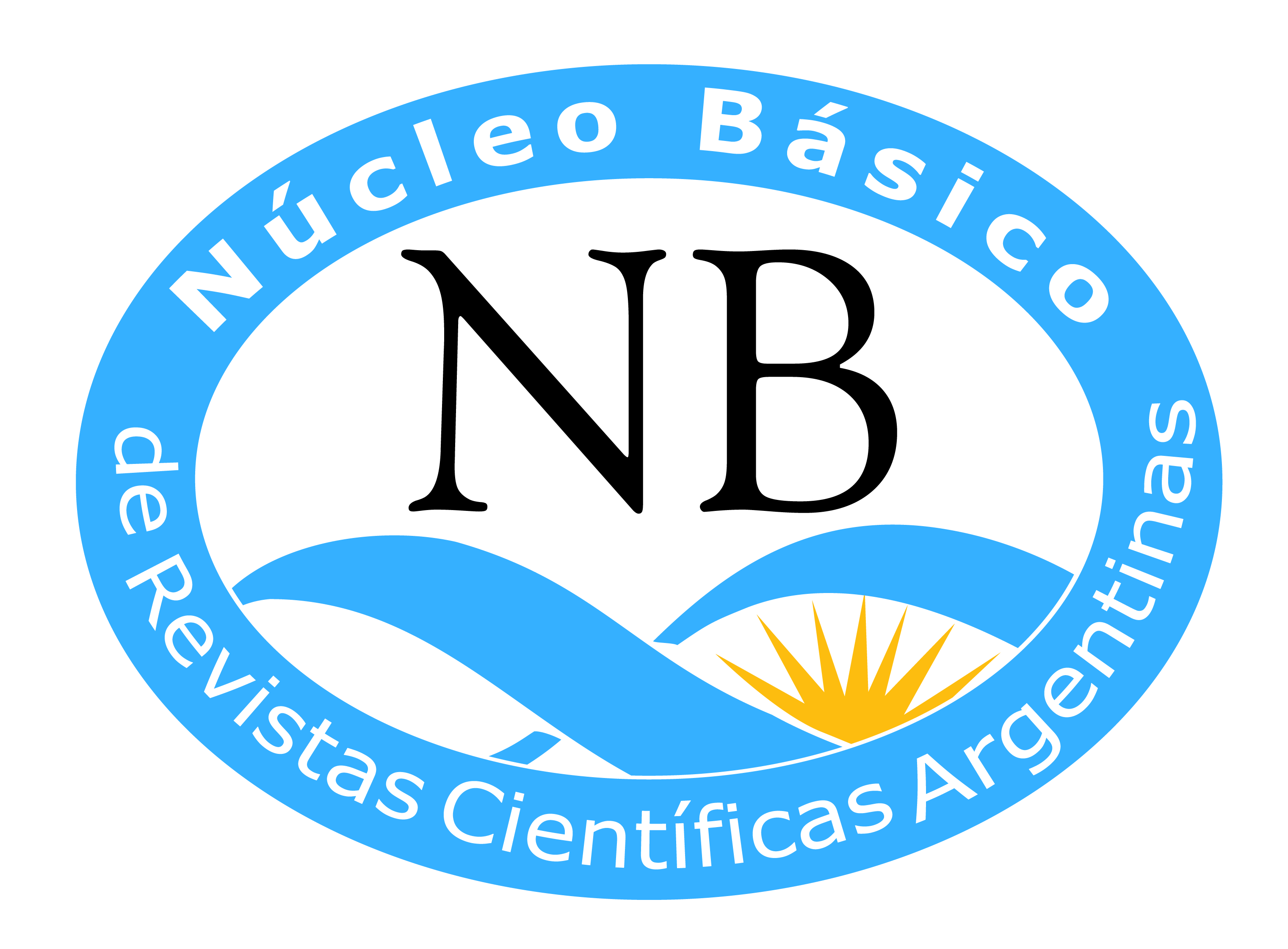¿Seguimos Educando?: the official distance education program during COVID-19 pandemic and its application in a context of educational segregation
DOI:
https://doi.org/10.14409/ie.2021.14.e0005Keywords:
educational segregation, education continuity, ICT, digital divide, education in pandemic timesAbstract
This article analyzes the Seguimos Educando program developed by the Argentine Ministry of Education as a proposal for educational continuity during the lockdown caused by the Covid-19 pandemic. We addressed its application according to official regulations and its effects in terms of educational segregation. It is an exploratory and descriptive study using a qualitative method, including interviews with teachers at elementary school in the city of Bahía Blanca −Buenos Aires, Argentina− who had to implement that educational tool in a context of inequality. The results of this work revealed that the digital divide, inequalities in household incomes, and the different educational strategies adopted by school teachers restrict the program proposed by the national government, uncovering an extension of educational segregation to the virtual environment.
Downloads
Published
How to Cite
Issue
Section
License
Those authors who have publications with this magazine, accept the following terms:
The authors will retain their copyright and guarantee the journal the right of first publication of their work,
which will be simultaneously subject to the Creative Commons Recognition License that allows third parties to share
the work whenever its author and first publication this magazine.
Authors may adopt other non-exclusive licensing agreements for the distribution of the published work (eg, deposit
it in an institutional telematic file or publish it in a monographic volume) whenever the initial publication in this
journal is indicated.
Authors are allowed and advised to disseminate their work through the Internet (eg, in institutional telematic files
or on their website) before and during the submission process, which can produce interesting exchanges and increase
citations of the published work. (See The effect of open access).
















